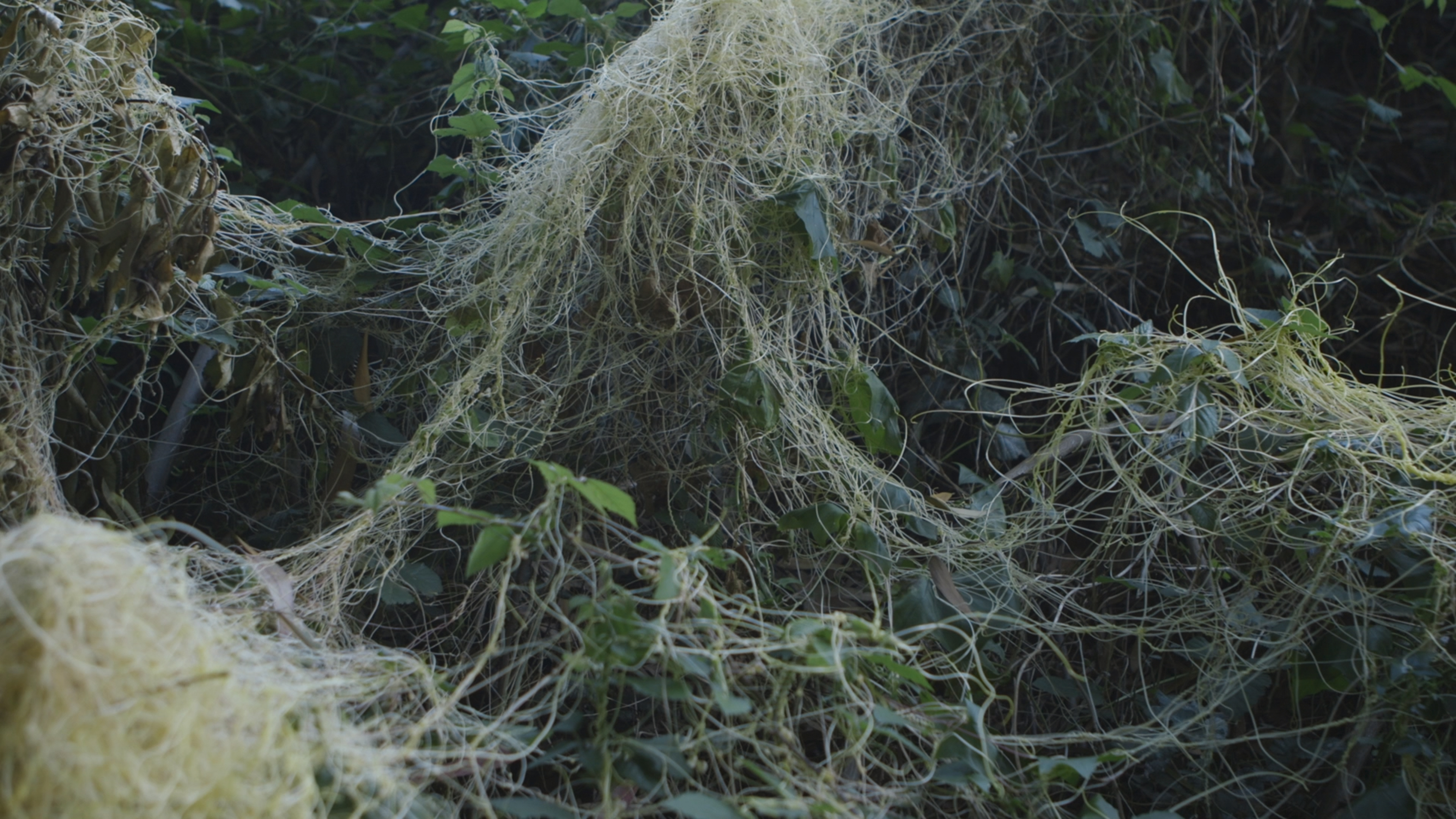THE CHANGE IN PATTERNS
(THE CHANGE IN PATTERNS/ PT I. WATER MINING )
From January 15th 2023, at WildPalms, Düsseldorf, Germany.
Barbara Marcel, Mario Asef, Hans Baumann, Felipe Castelblanco.
(THE CHANGE IN PATTERNS/ PT I. WATER MINING )
From January 15th 2023, at WildPalms, Düsseldorf, Germany.
Barbara Marcel, Mario Asef, Hans Baumann, Felipe Castelblanco.
Climate patterns have changed. We enter in the era of the extraordinary. Every year, every month, another record is broken. While this exhibition is happening, California floodings are at record levels and we experience the warmest winter in Europe. Yes, it is about a way to conceive the climate change that is at our doorsteps, but we constantly forget.
We may not like to think about it, because it is inextricably linked to how we live our lives today.
The basis of our contemporary society is built upon extraction of natural resources in large quantities. For the extraction, water plays an important role. For fracking or to attain lithium, both processes are denominated by water mining.
In Brandenburg, the Tesla factory demands of a large amount of water. Electric cars, new clean energy, thanks to water and drying out the land, an area that is still entangled with the history of dirty energy coal in the region. The abandoned coal mines are pools of an iron mud that contaminates the water.
California has experienced drought conditions in recent years, which has affected the state’s lakes and reservoirs. Low rainfall and high temperatures have led to decreased water levels in many of the state’s lakes and reservoirs, making them less able to provide water for irrigation and drinking water supplies.
Chile and Argentina are home to a number of wetlands, which play important roles in the ecological and economic well-being of the region. These wetlands include marshes, swamps, and peatlands, and are home to a wide variety of plant and animal species.
However, both countries have faced problems with the destruction of wetlands due to human activities such as agriculture and urbanization based on water mining, which has lead to the loss of biodiversity and the destruction of habitats for wildlife.
Water scarcity is a growing concern around the world and has the potential to lead to conflicts, particularly in regions where water resources are limited and populations are increasing. Climate change is also exacerbating the problem by altering precipitation patterns and increasing the risk of droughts. Can we see the water bodies as something universal, away from territorial fights while crossing the ocean with smallest raft that can hold a human being?
We can change the future: especially by being aware that in the past, constantly there was the intent to write our future differently.
- “Wildpalms“
